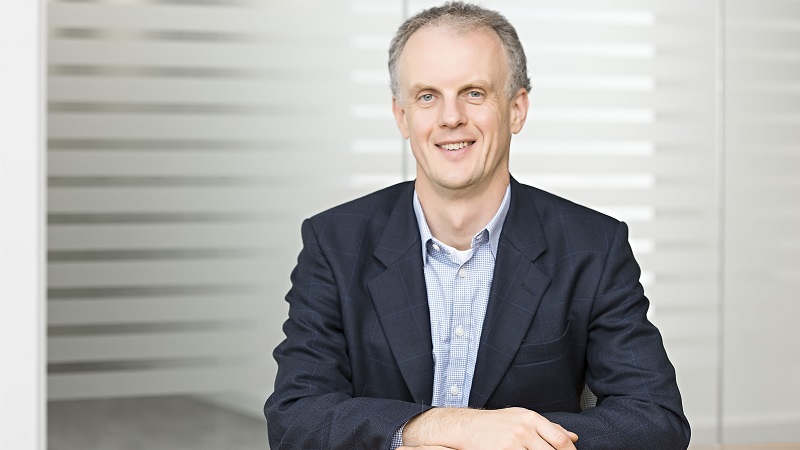Despite increased volatility in the US market in the weeks leading up to the election, positive earnings and a flurry of M&A activity drew passive investors into the asset class.
US large caps attracted $7.5bn in flows, a greater than any other asset class during the month and more than double the amount that went into broad emerging markets equities ($3.4bn), the next most popular sector.
Passive US equity funds have accumulated $81.7bn year to date, including $8.1bn in October, with the vast bulk of the latest figure coming from US investors. Investors domiciled in the US tipped $8.6bn into broadly S&P exposures versus European investors who took $0.4bn out of US exposures.
The disparity in views between American and European investors says a lot about the outlooks of these two types of individuals and their economic realities, hinted Chief Strategist for iShares EMEA Ursula Marchioni.
There was one sector, however, that European investors were willing to back in the US – financials. Over October, European based investors pumped $490m into American financials. Meanwhile, “flows into European financials were virtually non-existent,” BlackRock said.
Investors, generally speaking, remained on the fence about European equities, the BlackRock flows report revealed. Although, funds tracking the MSCI Europe, Australasia and Far East index experienced a turnaround from September outflows, generating $2.1bn in October, Pan-European equities lost $1.3bn. In total, European equities have racked up $38.6bn worth of redemptions this year.
With US inflation data broadly on track and the Fed’s strong hints of a December rate raise, US treasury inflation protected securities (TIPS) received an injection of $1.2bn last month. The asset class has three major tailwinds at its disposal – better labour market data, stronger commodities prices and uncertainty stemming from America’s increasingly anti-global trade public stance.
Political unrest in the US and Europe also contributed to gains for gold commodity and gold miners passive funds of $2bn.











